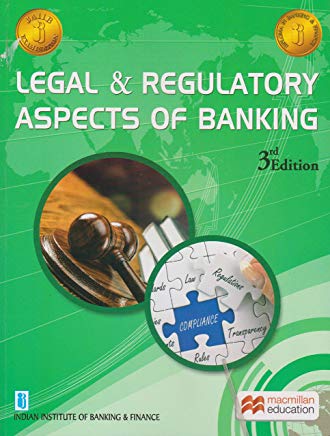JAIIB AFB Unit 12 - Bills of Exchange (Year: 2019)
Bills of Exchange
A written, unconditional order by one party (the drawer) to another (the drawee) to pay a certain sum, either immediately (a sight bill) or on a fixed date (a term bill), for payment of goods and/or services received. The drawee accepts the bill by signing it, thus converting it into a post-dated check and a binding contract. It is also called as “Draft”.
Promissory Note
A financial instrument that contains a written promise by one party to pay another party a definite sum of money either on demand or at a specified future date. A promissory note typically contains all the terms pertaining to the indebtedness by the issuer or maker to the note's payee, such as the amount, interest rate, maturity date, date and place of issuance, and issuer's signature. Promissory notes that are unconditional and saleable become negotiable instruments that are extensively used in business transactions in numerous countries.
A promissory note is usually held by the payee. Once the debt has been discharged, it must be canceled by the payee and returned to the issuer.
Difference between Bill of Exchange and Promissory Note
|
Bill of Exchange |
Promissory Note |
|
Unconditional order |
Unconditional promise |
|
Made by creditor |
Made by debtor |
|
Acceptance by debtor must |
No acceptance as such |
|
Three parties to a bill |
Two parties to a bill |
|
On dishonor, noting is necessary by notary public |
Noting is not necessary |
JAIIB Study Material
| JAIIB Paper 1 Study Material |
| JAIIB Paper 2 Study Material |
| JAIIB Paper 3 Study Material |


